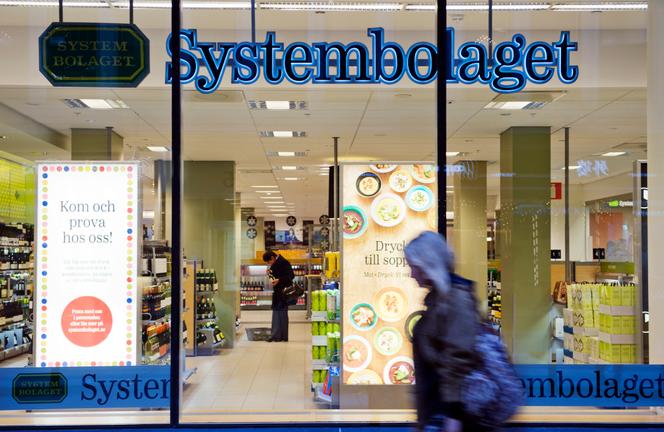

LETTER FROM MALMÖ

When winegrowers get together, it's customary to give each other a bottle. For the French, Italians or Germans, it's a simple matter of picking one up at the winery. Murat Soufrakis, a winegrower in Klagshamn, near Malmö in southern Sweden, has no such luxury. As soon as his wine is bottled, it's off to Systembolaget, the state-owned company with a monopoly on alcohol sales throughout the country. If Soufrakis wants to give one away, he has to buy it in one of the monopoly stores. The same applies if he wants to drink one at dinner.
Soufrakis was recently approached by tourists from Belgium and Germany who were visiting the region and wanted to have a wine tasting at his place at the end of June for the Midsommar festival. "I had to explain to them that I couldn't sell them any wine, not even a bottle, and that they couldn't buy any at Systembolaget either, since on that weekend the stores close from Thursday evening and don't reopen until Monday." The tourists were not too happy. "Many struggle to understand that it's not personal but that these are the rules in Sweden, however bizarre they may be," the winegrower explained.
However, these rules could soon change. On June 5, the center-right government, backed by the far right, announced that it wanted to authorize alcohol sales at the producer's premises. "Sweden is about to become a little more like Europe," said the conservative prime minister, Ulf Kristersson, referring to a "long-awaited reform in favor of freedom." However, Brussels still needs to give its approval, since Sweden was permitted to maintain its monopoly after joining the European Union (EU) in 1994, under very specific conditions.
"Systembolaget must not give Swedish spirits preferential treatment over foreign products," said Malin Sandquist, head of operations at the state-owned company. Nor is the monopoly about making a profit. "The salespeople are trained to give advice, not to encourage consumption," said Sandquist. Systembolaget therefore does not advertise or have special offers, and maintains strict opening hours, as well as careful age control: Sales to those under 20 are forbidden.
Currently, Swedes can buy wine, beer or aquavit in 450 "Systemet" stores, in addition to bars and restaurants. With the government's planned reform, around 600 new outlets will be created. In Brussels, the wine lobby has already made it known that it will do everything in its power to oppose the reform. It argues that allowing private sales by Swedish producers while forcing foreign winemakers to go through Systembolaget violates competition rules and is sufficient grounds to annul the exemption granted to Stockholm in 1994.
You have 53.84% of this article left to read. The rest is for subscribers only.
